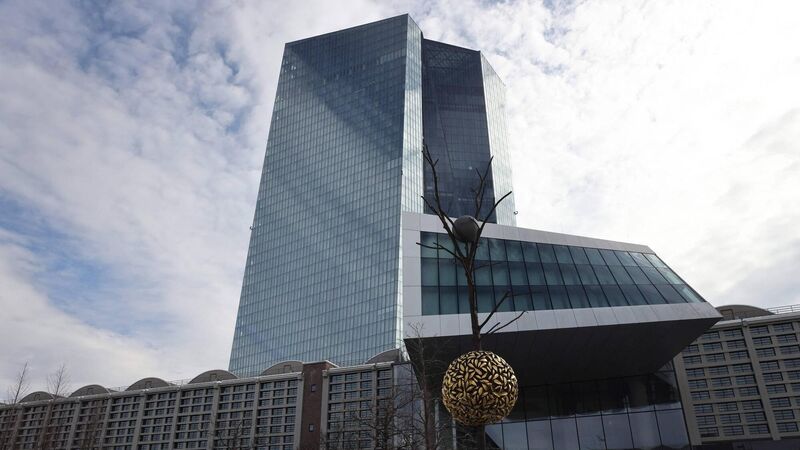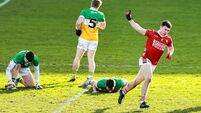Eurozone inflation ticks above ECB's 2% target in September

While the uptick now exceeds the ECB's target of 2%, the rise in inflation is unlikely to concern policymakers, with broader economic trends suggesting Wednesday's figures reflect a temporary blip, with numbers likely to soon return to the bank's target rate. (Photo by DANIEL ROLAND/AFP via Getty Images)
Euro area inflation ticked up in September, underpinned by rises in services and food, with price levels across the 20-nation eurozone rising above the European Central Bank's (ECB) target of 2%.
Coming in at 2.2% in September, new figures from Eurostat suggest the ECB will keep rates on hold for some time, with some policymakers even worrying that inflation is going too low.











